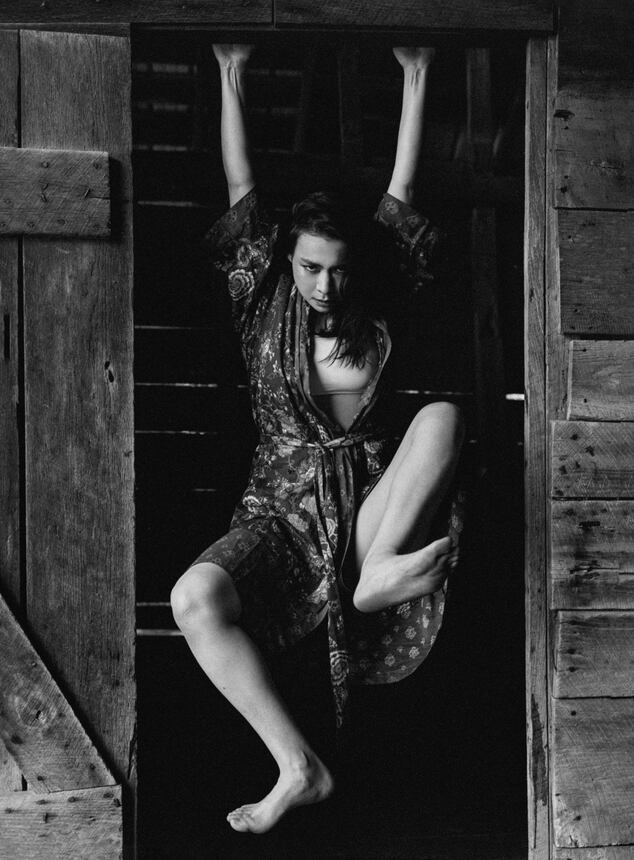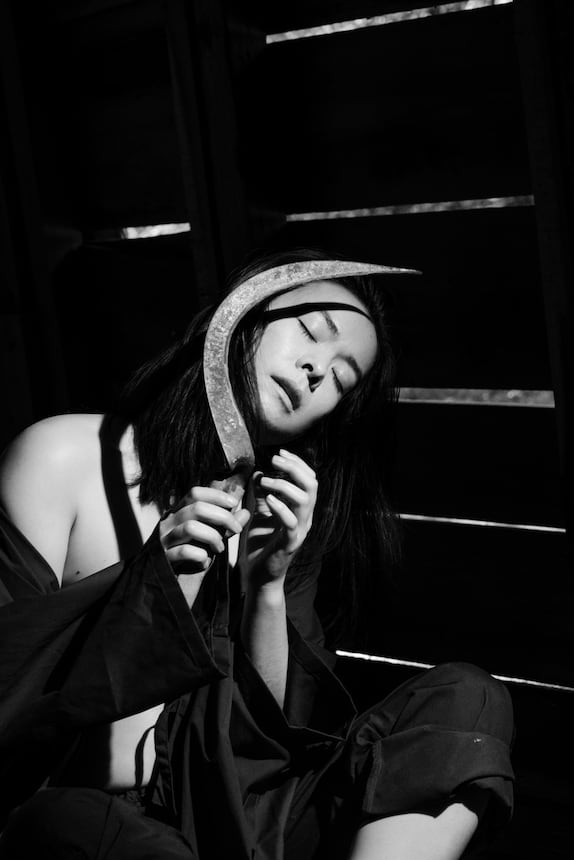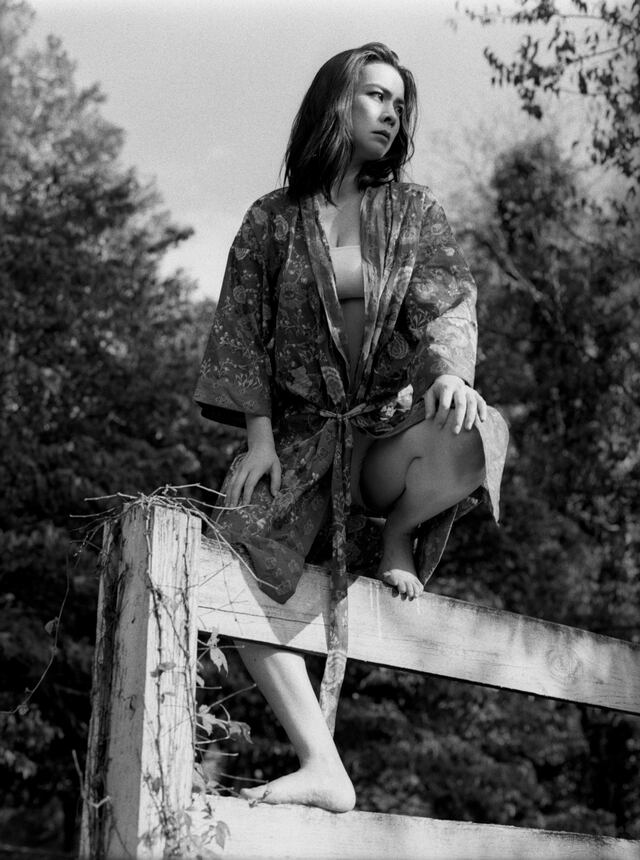“Mosquitoes can enjoy me/ I can’t go inside,” Mitski sings—lulls—on “Buffalo Replaced,” a bottom-heavy grunge ballad from her seventh album that finds the singer revealing a nagging self-vexation. “I have a hope/ Though she’s blind with no name/ She shits where she’s supposed to feed herself when I’m away/ Sometimes I think it would be easier without her.” Like Tori Amos, Kate Bush, or Frank Ocean, Mitski has a tendency to reveal so much wildness via a calming presence. Not that the weight isn’t heavy; back in 2019, she announced her “last show indefinitely,” later admitting that she was worn down by physical and mental exhaustion caused by the music business and its “super-saturated version of consumerism,” but also the demands of representation. She has criticized always having her Asian American heritage pointed out; “It’s like racism masked in progressive thought … I’m a symbol.”
Last year she told the BBC: “I needed to step away to get out of that mechanism and just learn how to be human again, I think.” That break led Mitski to what she calls “my most American album … This land, which already feels inhospitable to so many of its inhabitants, is about to feel hopelessly torn and tossed again—at times, devoid of love. This album offers the anodyne.” Drawing from influences including Ennio Morricone’s high-drama spaghetti western scores and Carter Burwell’s “tundra-filling Fargo soundtrack,” The Land Is Inhospitable and So Are We finds Mitski pairing her sometimes dark thoughts with music and sounds—an orchestra arranged and conducted by Drew Erickson, and a 17-voice choir—that convey turmoil. On “When Memories Snow,” both piano and Mitski’s vocals determine a marching pace while she presents a haunting internal scenario: “When memories snow/ And cover up the driveway/ I shovel all those memories ... and when memories melt/ I hear them in the drainpipe/ Dripping through the downspout/ As I lie awake in the dark.” Then the orchestral tension builds and explodes, horns and strings and choral voices elbowing each other for space.



Opener “Bug Like an Angel” starts off like an acoustic campfire nod-along as Mitski sings, “As I got older, I learned I’m a drinker/ Sometimes a drink feels like family”—then, out of nowhere, a full-throated, big as Broadway choir trills “family!” She remains on even keel for “The Deal” as the music swirls like an atmospheric weather system, finally picking up to tornado strength, grabbing everything in its path and tossing it. It’s not all chaos, though, as the anodyne settles in. Countrified “Heaven” is light with strings and Cowboy Junkies-esque. “My Love All Mine” is swoony romance, rich and full. And “Star” twinkles and explodes into a supernova, as Mitski convinces that lost love is never completely lost. At the end, “I Love Me After You,” there is majesty—big buzz, crashing cymbals—as she performs a self-care routine (hydration, toner, brushing her hair) only to proclaim, “I love me after you/ King of all the land.”






